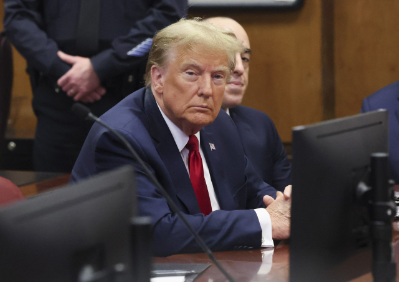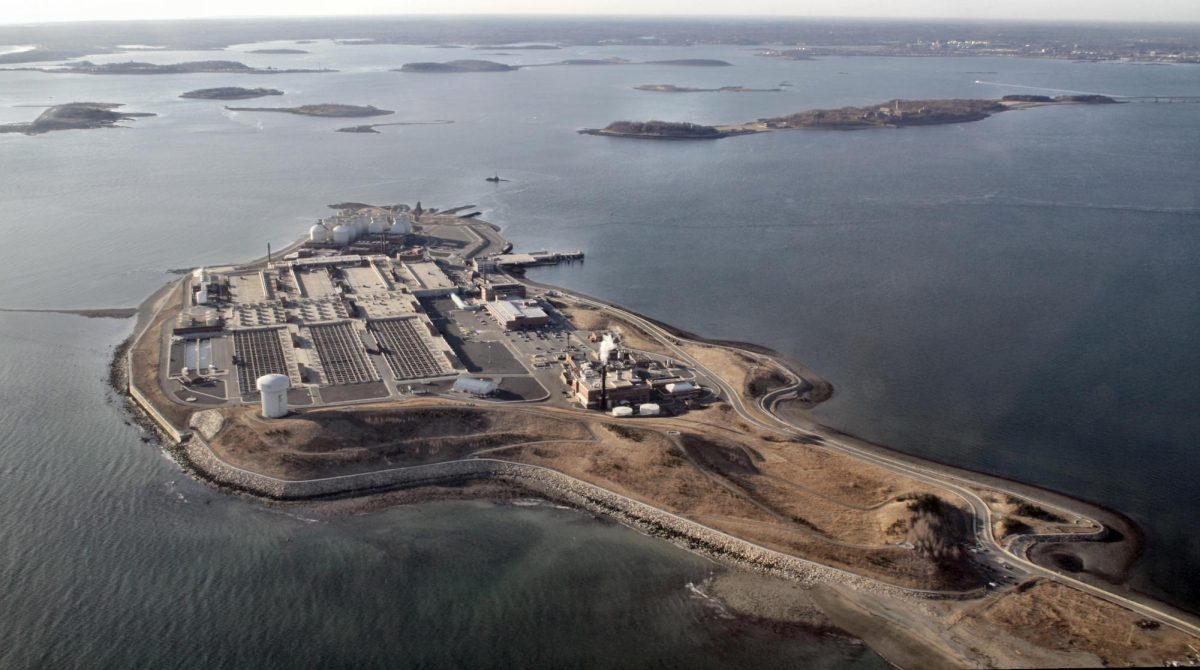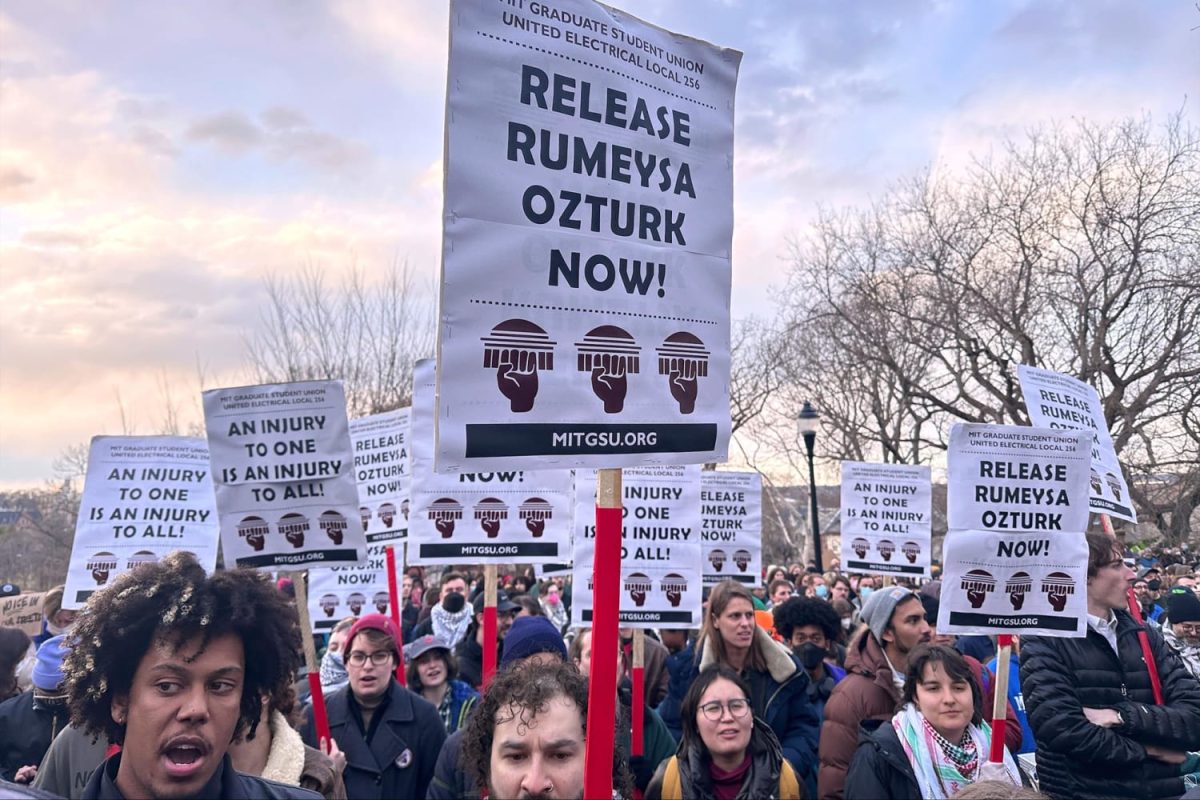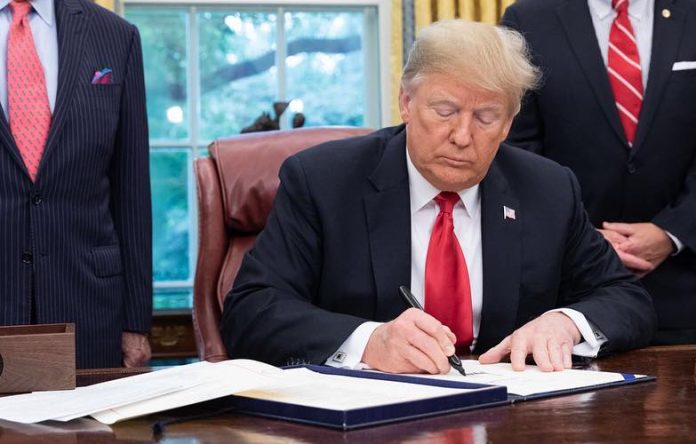President-Elect Donald Trump has gone through his fair share of controversies. However, his recent felony ‘hush money’ charges come at an interesting time. How did he get here, and what does this mean for his presidency?
On March 30th, 2023, Donald Trump was indicted for falsifying business records before his 2016 presidency. This wasn’t just one charge; Trump faced 34 felony charges for the same crime. He allegedly made payments totaling $42,000 to a woman whom he had a sexual encounter with. The prosecution in this case argued that Trump planned to reap the benefits of this payment in his 2016 campaign through Trump’s former lawyer, Michael Cohen. The defense argued that Trump was unaware of any unlawfulness and that their prime witness, Cohen, was unreliable.
In May of 2024, the jury came to a verdict and found him guilty on all 34 counts. Shortly after the verdict, President-Elect Trump told the media that this proceeding was “[a] rigged, disgraceful trial”. Trump’s sentencing trial was initially set for September 2024 but was pushed back up until a week ago. In the case of The People of the State of New York v. Donald J. Trump, President-Elect Trump received a sentence of unconditional release. In most felony cases like this, a person would be liable to serve 1-4 years in prison. However, the circumstances surrounding his case made it difficult to execute said punishment. Prosecutor Joshua Steinglass noted to NBC News, “We must be respectful of the office of the presidency, and mindful of the fact that this defendant will be inaugurated as president in ten days…”
So, does this verdict affect his inauguration in a mere three days? In short, it won’t have any lasting implications. President-Elect Trump will still be able to hold his Presidential position once he is sworn in on Capitol Hill. However, this does make him the first president in United States history to serve while being a convicted felon.





















